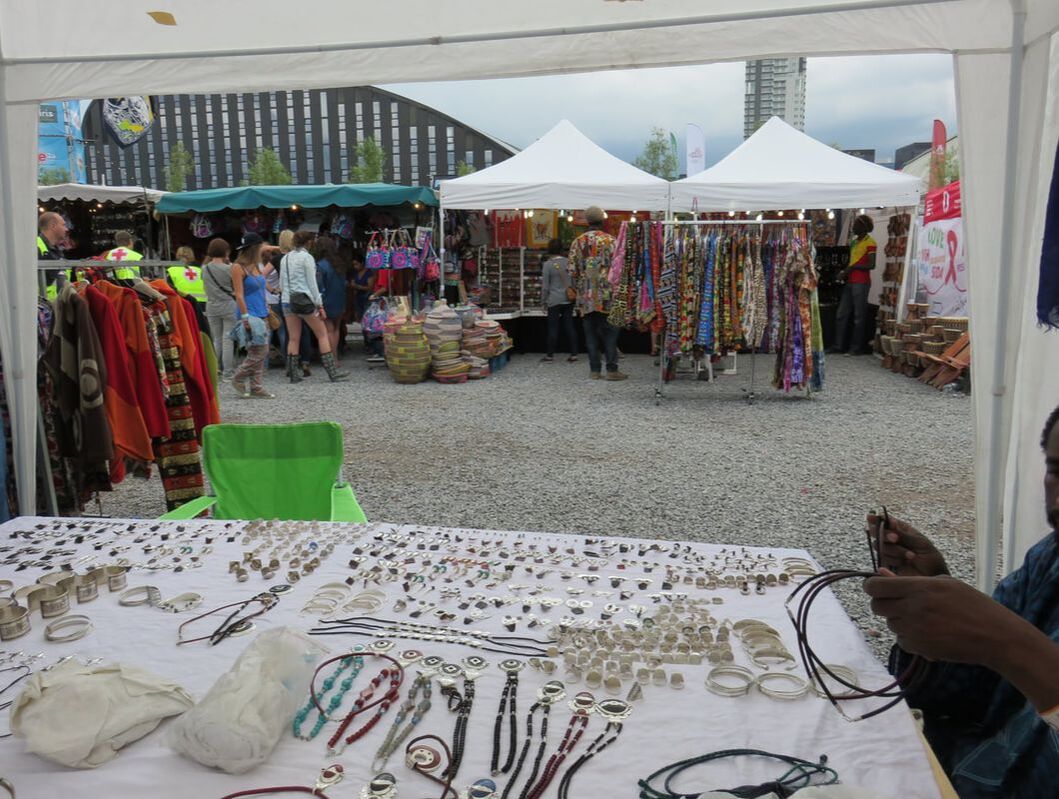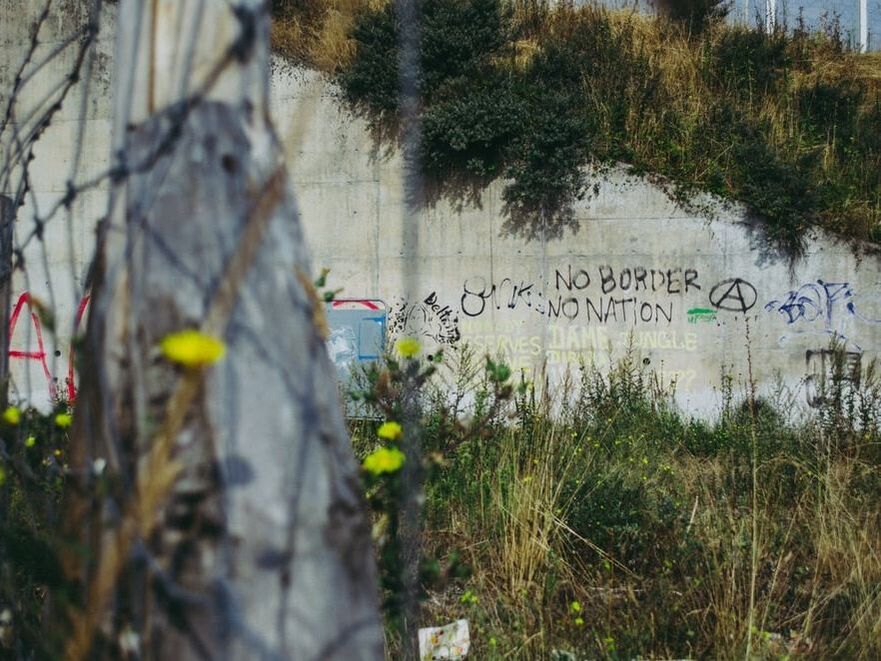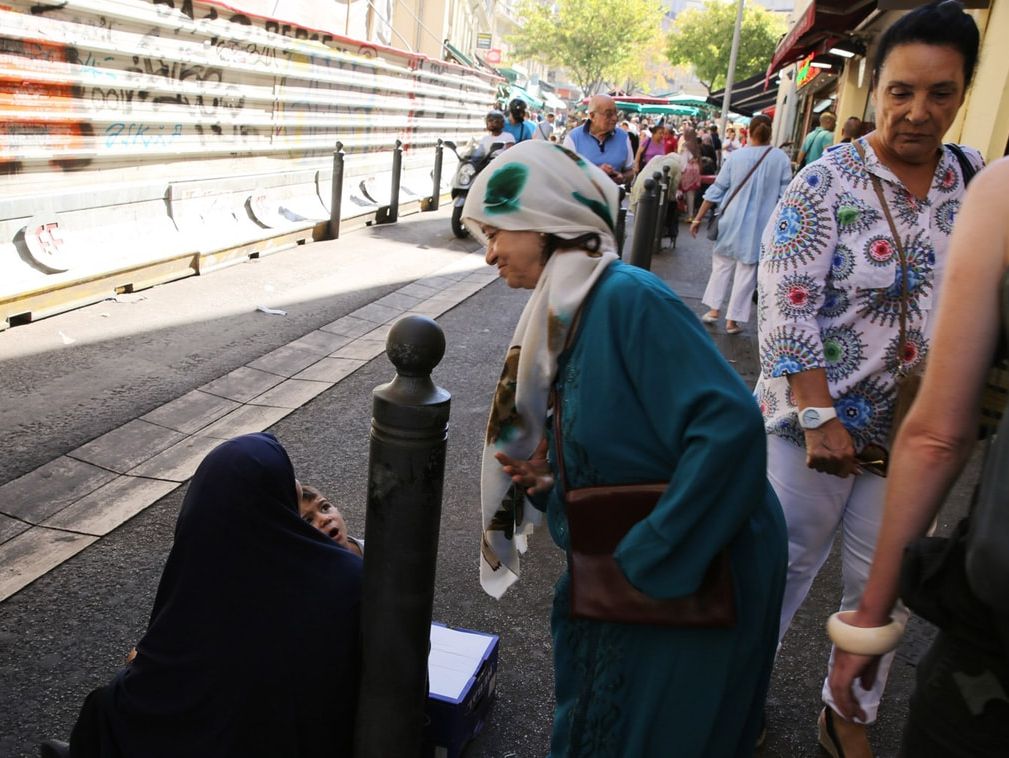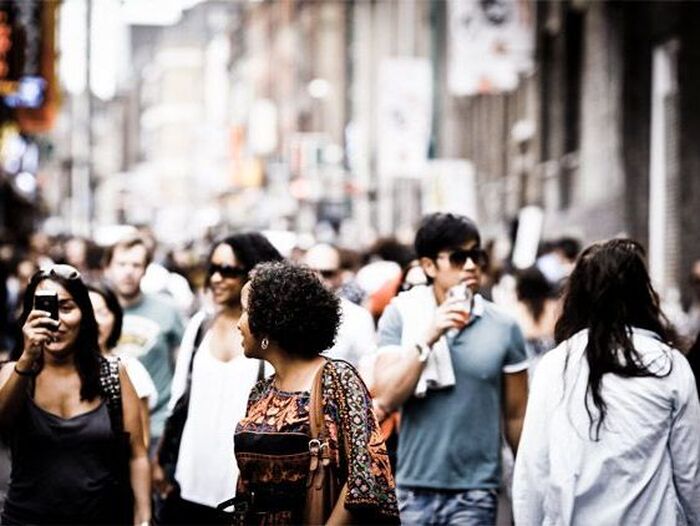|
|
|
Blog post by Christian Lamour, Luxembourg Institute of Socio-Economic Research, Luxembourg
Late modernity in the European Union is characterized by the return of ‘hot nationalism’, with a growing number of citizens supporting radical right parties and leaders. These political entities and personnel have hammered out an electoral winning, ‘nation-first’ agenda, which is notably marketed as protecting the cultural identity and cohesion of a national people, jeopardized by alien threats. This vivid return of national cultural identities in the agenda of European states has appeared at a time when relationships between EU member states have been remarkably peaceful for generations, whereas their main long-term heritage has been the reproduction of national conflicts, territorial gains and momentary stabilization of borders following treaties torn apart in subsequent wars. The cultural enemies defined by today’s EU radical right within specific nation states are not neighbouring nations, but communities, the identities of which are represented as external to the world of nations. This means the elites are characterized as Europeanized/globalized, whilst the non-European migrants are racialized as oriental/African entities replacing the European national identities with the support of the globalized elite.
0 Comments
Bermo carries my two year old son on one shoulder as we stroll down the main street in Antwerp, the beautiful medieval city in Belgium. My son uses Bermo’s soft turban as a place to rest his head, struggling to keep his eyes open. The photographer that follows the two of them in an attempt to get his best shot is really disturbing in his intensity and he has not even asked if he can take a photo. Bermo, used to being shown such excitement, pretends simply to ignore him. Bermo is not a celebrity as one might expect but a migrant worker from Niger that in his everyday life back home moves between the pastoral area and the city, where he struggles to make a living. Here I suspect that the combination of his clothing and dark skin, as well as the white body of my son, is arousing interest. While this particular event was rather extreme and took place prior to the so-called ‘crisis of migration’ in Europe, I have seen time and again WoDaaBe being perceived as belonging to the slot of the ‘exotic others’.
In my Identities article, ‘Global citizens, exotic others, and unwanted migrants: mobilities in and of Europe’, I focus on those portrayed as exotic to ask larger questions about otherness in Europe in the present. What kinds of bodies are welcomed in Europe that, after all, has for the last few years been characterised by large headlines proclaiming an ‘invasion’ of people from Africa into Europe? These depictions have often intersected with racialised narratives of Muslims and asylum seekers as threats, simultaneously criminalising and reifying these heterogenous categories. My article is based on ethnographic research in Belgium that consisted of brief visits conducted over a long period of time, wherein I participated in the life of WoDaaBe migrant men, as well as in the lives of other migrants from Niger in precarious positions. Some of these individuals I knew going on 20 years, having met them a long time back, while undertaking my two-year long PhD fieldwork in Niger.
Have you ever thought about the way that language is used to frame our understanding of ourselves and other people? It wasn’t many years ago that public transport systems moved from calling people ‘passengers’ to ‘customers’ – a transition that reflects the privatisation of these services, and the now primarily economic nature of the relationship between the service user and provider.
On a global scale, we principally use the language of nation-states to frame self and other. These are not empty frames, but full of meaning, rights and responsibilities. Nation-states ascribe citizenship, enact power, arrange economies, provide healthcare and education (to varying degrees), determine freedom and influence (consider the power of a British passport over, say, an Iranian one), and control the movement of goods and people. But what happens when people challenge this nation-focused way of divvying up the world? How do we see the nationally non-compliant, and how does that influence how we ourselves are then framed?
When I was asked to write a blog to accompany my Identities article, 'The most cosmopolitan European city: situating narratives and practices of diversity in Marseille', I was asked to provide a suitable image. This faced me with a dilemma that cuts to the heart of my argument: how to choose a picture that symbolises cosmopolitanism in Marseille without falling into stereotypical representations of what and where cosmopolitanism is, and who represents it?
Searching the internet for images of 'cosmopolitan Marseille' in English and in French ('Marseille cosmopolite') brought up quite different results. In the English language search, the majority of photographs showed shots of Marseille intended for international tourists: terrace cafés, well-known landmarks and generic promotional images from restaurant chains, bars and rental apartments. There was just one picture of a busy multi-ethnic market street. In the French search, similar touristy images also came up, alongside images that felt both more everyday and more ‘local’: interiors from different shops displaying open bags of spices for sale and a photograph from the municipal website of local politicians receiving international delegations from Marrakesh and Dakar, accompanied by a title describing Marseille as coloré et cosmopolite ('colourful and cosmopolitan'). There were, in addition, several references to specific impoverished neighbourhoods in the city-centre that are often taken as the embodiment of Marseille’s ‘cosmopolitanism’ while at the same time are the target of local and national urban renewal programmes that seek to attract a different - less ethnically-marked - population into the city centre for many decades now.
Being international, open and cosmopolitan is ‘cool’. This is specifically true for students at elite universities, where values such as multiculturalism and cosmopolitanism are promoted and enhanced by diversity-related activities and spaces. But what do students actually mean when they self-identify as cosmopolitans or global citizens? Do they all mean the same thing (probably not)? And what role does cosmopolitanism actually play in their lives?
My research, as explored in my Identities article, 'Exploring disjuncture: elite students' use of cosmopolitanism', is based on 24 interviews with international students at a global university in the UK. Its main finding is a typology of four different ways in which students use the idea of cosmopolitanism. To fill this typology with life, I introduce the reader to Jing, Shigeki, Faisal and Anna. Each of these four students represents one of the four ways in which my respondents made sense of cosmopolitanism. |
|
Explore Identities at tandfonline.com/GIDE |
|
The views and opinions expressed on The Identities Blog are solely those of the original blog post authors, and not of the journal, Taylor & Francis Group or the University of Glasgow.





